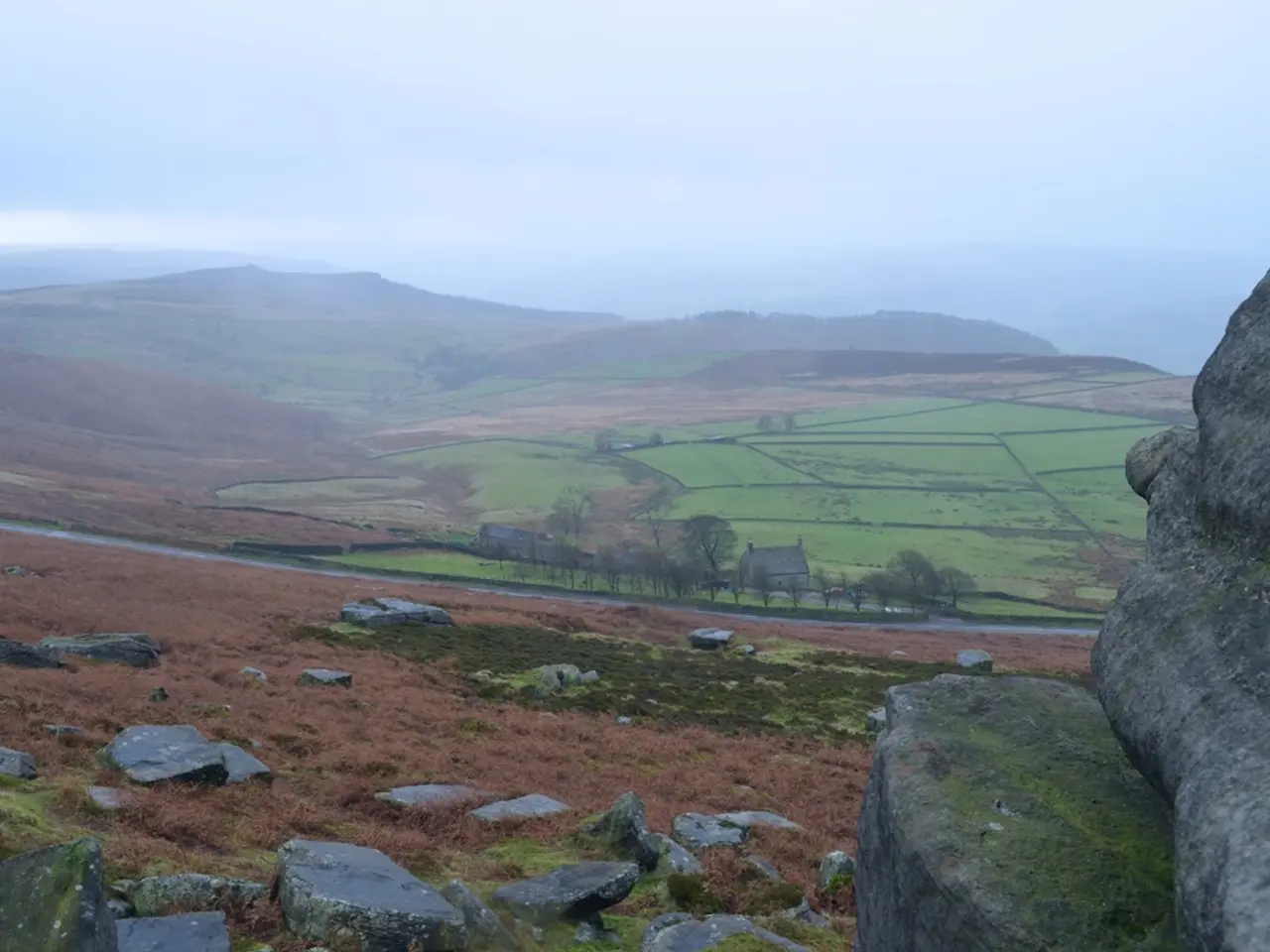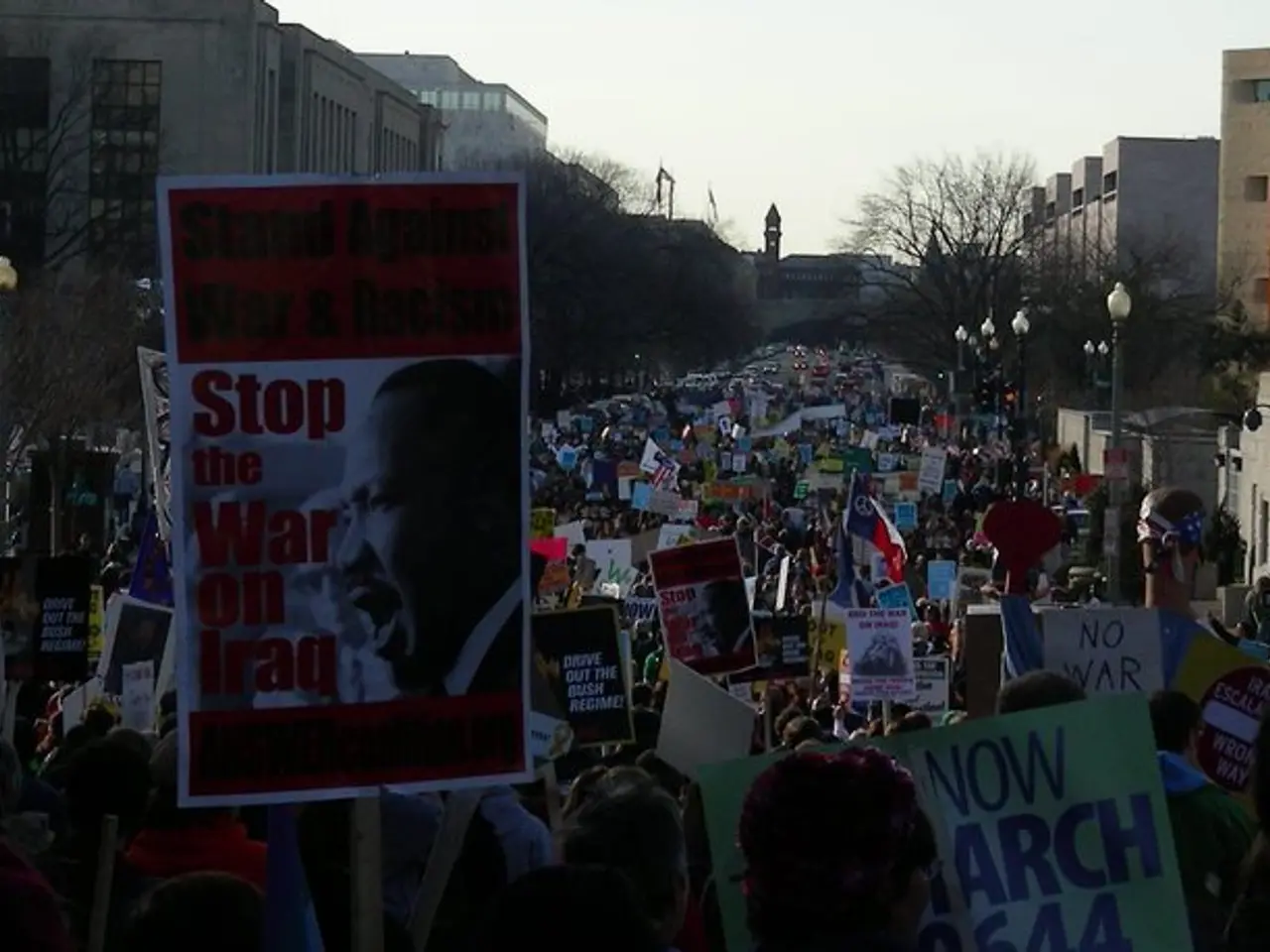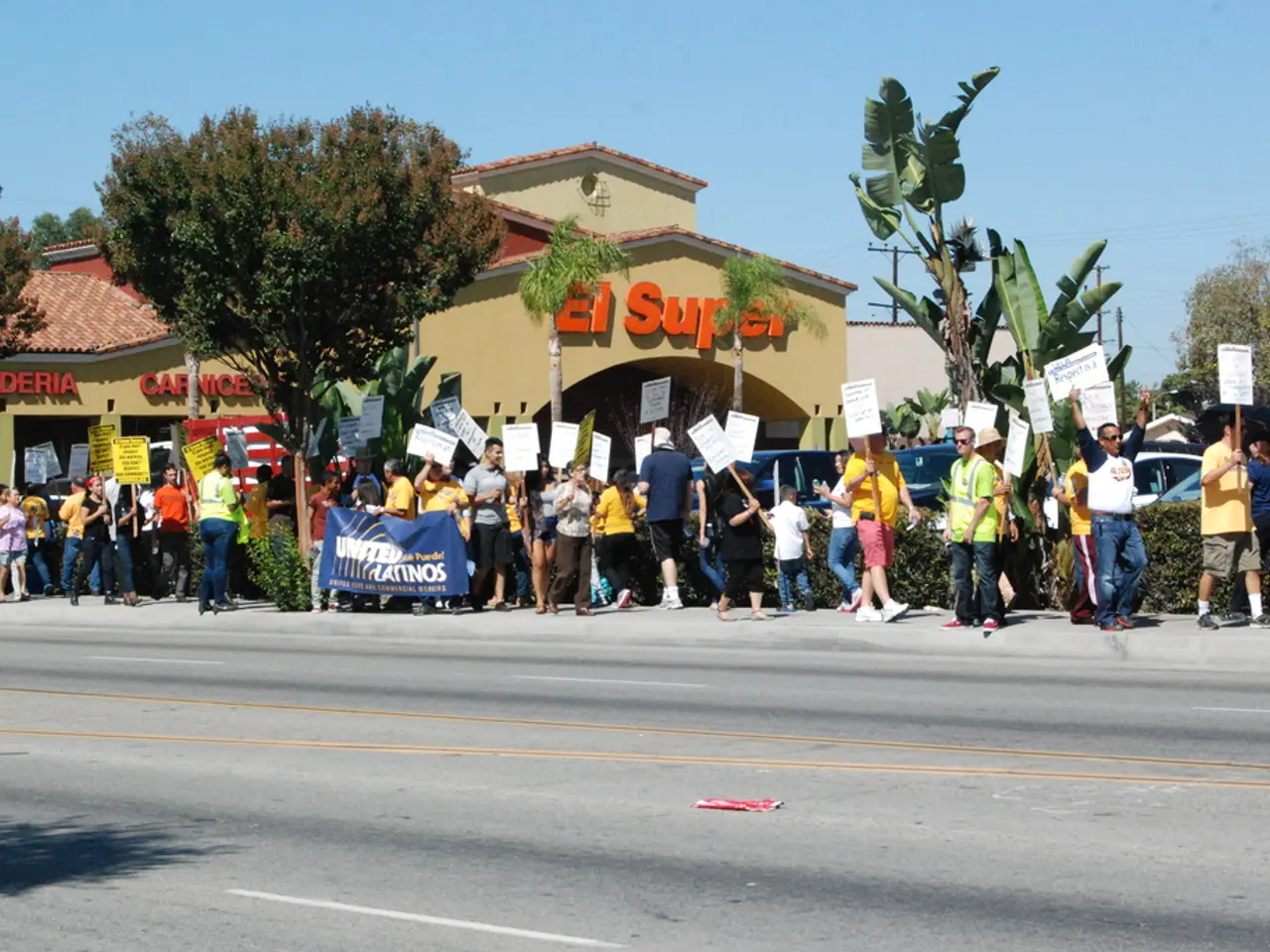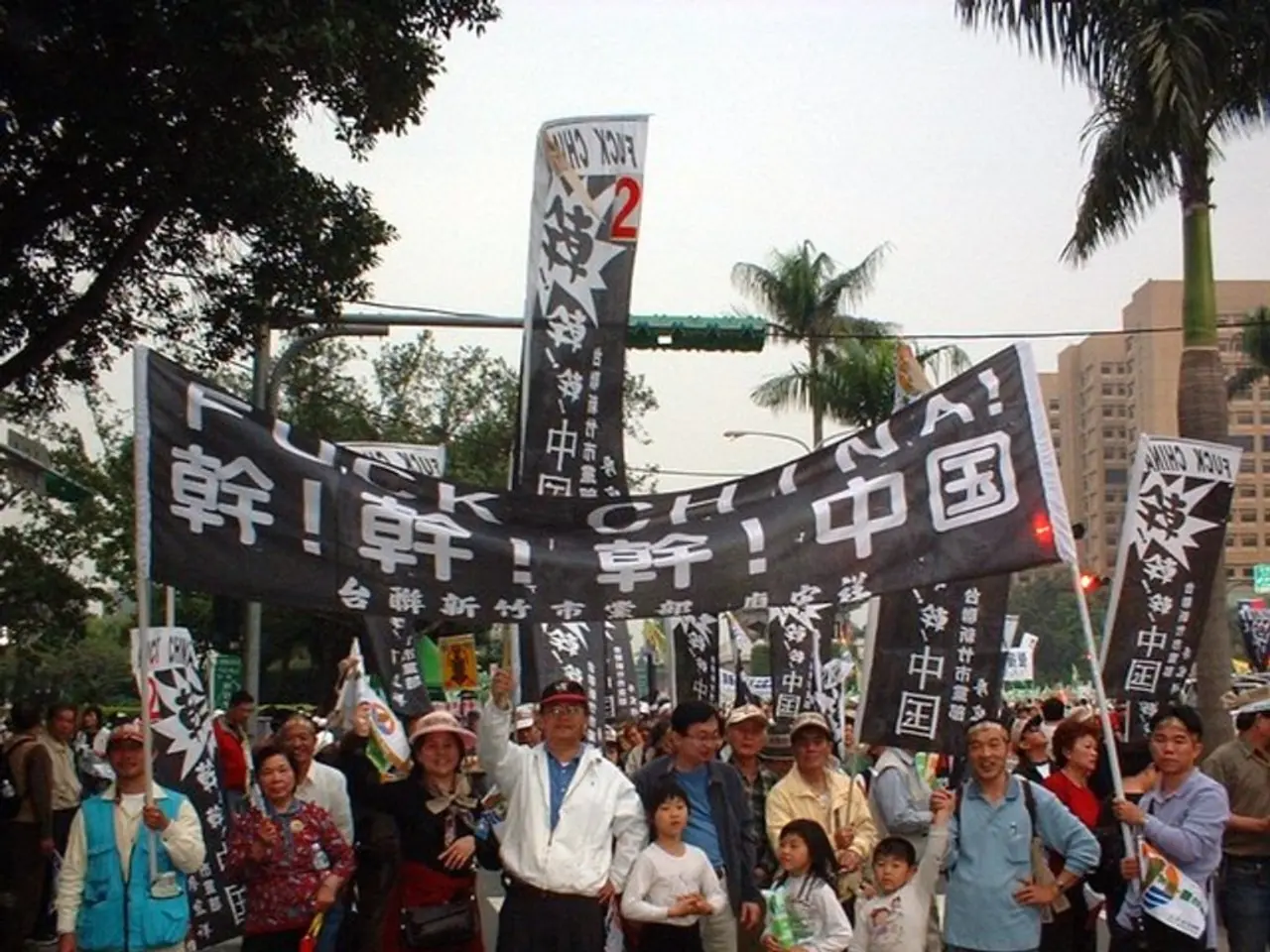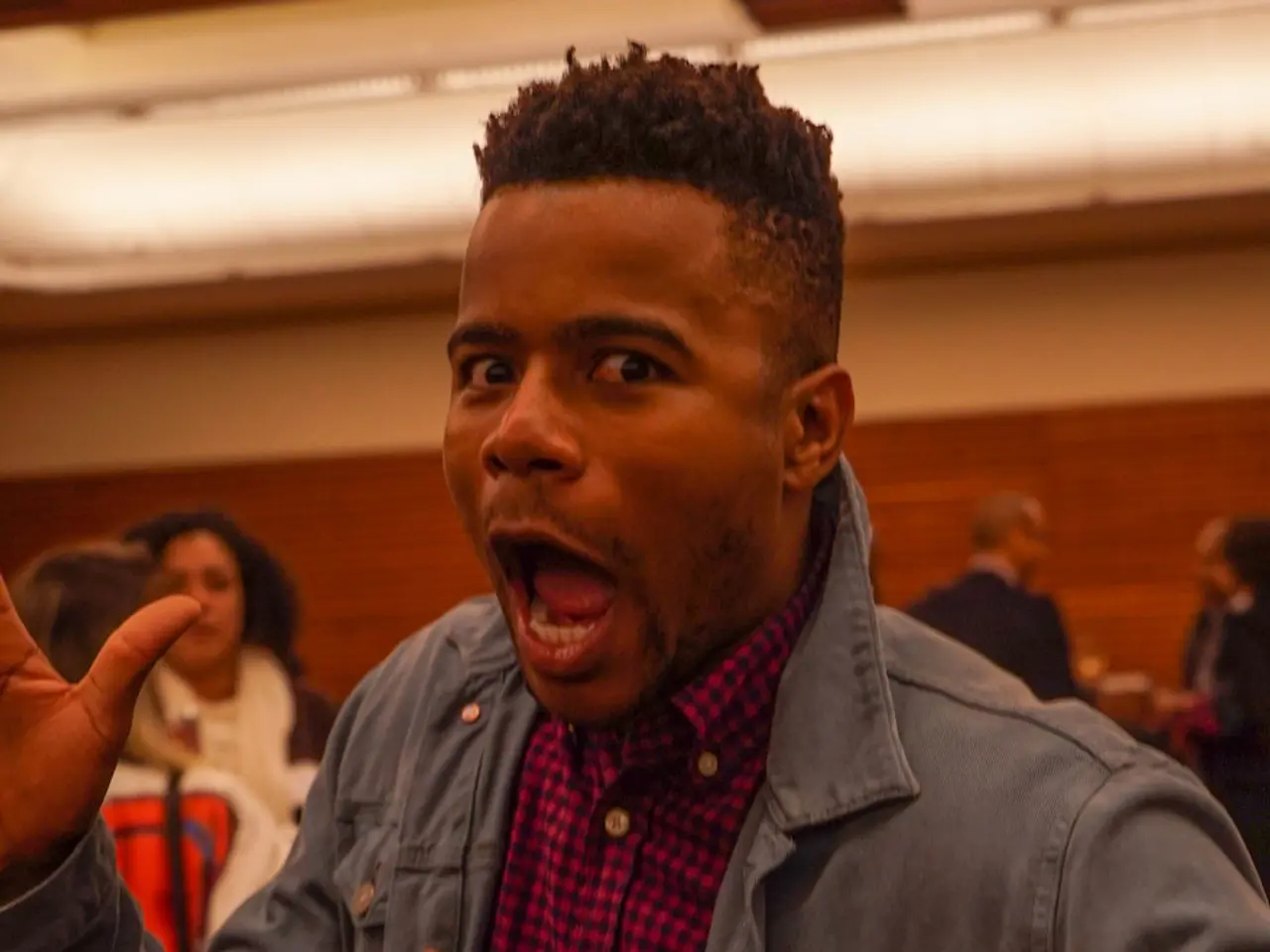Blunt Take on the Congo-Rwanda Peace Agreement
DRC-Rwanda Peace Treaty: Key Facts to Understand
The peace treaty signed by the Congolese and Rwandan foreign ministers, sanctioned by US Secretary of State Marco Rubio, has sparked debate and raised eyebrows. While US President Donald Trump referred to it as a "wonderful treaty," some voice their skepticism about its effectiveness.
A Brief History of the Conflict
The latest wave of violence between DRC and M23 rebels, which began in 2021, has resulted in thousands of casualties and displaced millions. Accusations that Rwanda has been supporting M23 insurgents along the border have been circulating, with the US government among those confirming these claims. Despite Rwandan denials, they've agreed to commit to the peace deal.
The Big Question: Will It Hold?
Yvon Muya, a political analyst at Saint Paul University, suggests that the agreement marks a significant step towards establishing peace in the African Great Lakes region. However, the success of this deal will largely depend on the Congolese and Rwandan authorities themselves.
Vision Beyond the Deadlock
There's a great deal of hope resting on this agreement, which could potentially bring an end to 30 years of unrest in eastern Congo. But Tom Fletcher, the UN's under-secretary-general for humanitarian affairs, fears that the absence of external controls means it's vital that all parties stick to the peace process.
Fletcher highlights how difficult life is for communities in the region and points out that the focus must extend beyond peace to ensuring protection against sexual violence and other atrocities.
The Elephant in the Room: Sexual Violence
The peace deal, brokered by American and Qatari diplomats, does not address sexual violence directly nor does it include any measures for justice and restitution. Instead, it focuses on "respect for territorial integrity" and disarmament of armed groups.
Critical Opinions on the Deal
Critics argue that the deal appears to be more of a truce than a comprehensive solution. The lack of direct attention to sexual violence, justice, and economic exploitation raises concerns about the legitimacy and sustainability of the agreement.
A Mixed Bag for African Players
Key African players, such as the East African Community (EAC) and Southern African Development Community (SADC), have been excluded from the agreement following the withdrawal of their troops from the region.
The Mineral Wealth under the Radar
The agreement emphasizes economic cooperation, but the wording is criticized for being weak, considering the region's mineral wealth, including coltan, a key component in electronic devices. Some fear an exploitative dimension to the peace deal, with the US looking to expand its influence in Africa and compete with China.
In conclusion, the peace agreement between DRC and Rwanda faces criticism for its opaque nature, lack of transparency in disarmament, absence of justice and accountability mechanisms, and potential neglect of economic exploitation issues. These criticisms highlight the complex and unresolved nature of the peace process in the region.
- The US government, along with several skeptics, questions the effectiveness of the Congo-Rwanda peace agreement, despite US Secretary of State Marco Rubio's endorsement.
- The Congolese-Rwandan peace deal, brokered by American and Qatari diplomats, lacks direct attention to sexual violence, justice, and economic exploitation, raising concerns about its legitimacy and sustainability.
- The agreement, which focuses on "respect for territorial integrity" and disarmament of armed groups, fails to address the mineral wealth of the region, including coltan, a key component in electronic devices.
- The success of the peace deal will largely depend on the Congolese and Rwandan authorities themselves, according to political analyst Yvon Muya.
- The absence of external controls and the exclusion of key African players such as the East African Community (EAC) and Southern African Development Community (SADC) from the agreement could challenge its effectiveness.
- Tom Fletcher, the UN's under-secretary-general for humanitarian affairs, stresses the importance of all parties sticking to the peace process to address the challenging living conditions in the region and ensure protection against sexual violence and atrocities.
- The peace treaty, which has sparked debate and raised eyebrows, could bring an end to 30 years of unrest in eastern Congo, but its opaque nature, lack of transparency, and potential exploitative dimensions have instigated a mix of optimism and concern in the world, especially in international media.
